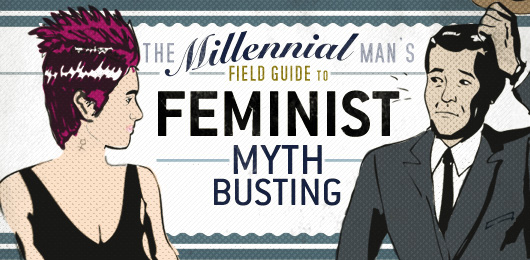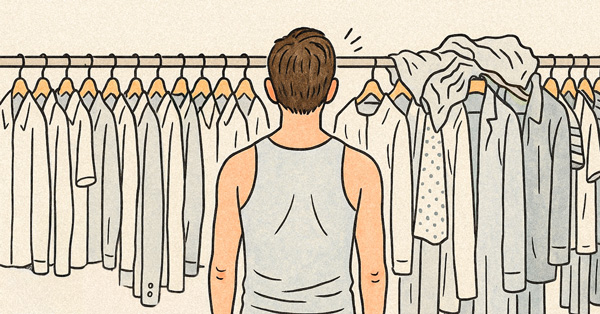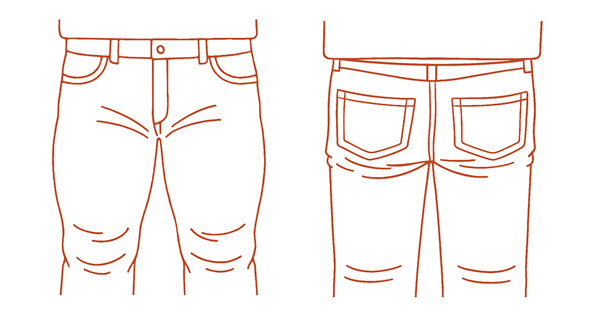Today, we’re going to talk about the F word. No, not the fun F word (really, who doesn’t crack up when they see fecundity in print?), the one with the sketchy rep – feminism. More specifically, I’m going to take a crack at providing a crash course in feminist mythbusting for Primer’s mostly male audience in an effort to soothe your furrowed brows and smooth your interactions with the opposite sex.
Feminism as an ideology is, of course, much more complicated than a single pithy article can cover (I’m good, but I’m not that good) and is subject to constant internal debate about its true nature and its political, cultural, academic and socioeconomic applications. If that sounds overwhelming, it is. The word itself is often used pejoratively (by both sexes, alas) to condemn any negative behavior on the part of and/or unpleasant interactions with womenfolk. And really, that’s just plain uncreative and mostly inaccurate. There are just as many female jerks as male ones and their motivation for jerkiness is just as varied. There’s a lot more to the story than possessing ovaries and a passing familiarity with Gloria Steinem. The more you know and all that jazz.
Here are a few of the most common fallacies about feminism and why they miss the mark:
Unless x = equality of the sexes, this one is a no-go. That’s like saying all football fans root for the same team or all Christians share an identical faith. Feminism has more flavors than Baskin-Robbins and a hundred and one areas of focus, covering everything from reproductive rights to international development to political reform or popular culture. Beyonce is a feminist and so is Hillary Clinton. And men can be feminists, too! It’s a big tent party, y’all. Heck, some women live their entire lives according to feminist principles, but never use the term.
In fact, the heterogeneity of modern feminism makes mythbusting a mite tricky, as for every assumption I debunk, you could beat the bushes (yes, that’s a cringe-worthy pun and no, I won’t reword it) and dig up a singular example to contract it. But, on the whole, you can toss these stereotypes about feminism by the wayside.
Some women are angry, yes. Some are lesbians. And some probably hate or fear men. Some women also identify as feminists. These characteristics exist independently of each other. If there’s overlap, it’s coincidental and not correlated or causal, despite what popular culture would have you believe. To think otherwise would be on par with assuming every man who belonged to a college fraternity was a keg-loving, flipflop-sporting, Ed Hardy-worshipping dudebro and we know that isn’t the case.
Feminism isn’t about settling the score between the sexes or making good on grudges; it’s about equality and empowerment for everyone, regardless of sex or gender identity. The myth of the zero-sum power game (and the fears of emasculation that it promotes) needs to die ASAP.
Dude, tell that to Betty Dodson (I interviewed her; she is one rocking octogenarian!) or Susie Bright. Sex (of whatever variety tickles one’s particular fancy) isn’t the issue – double standards around sexual behavior (the slut vs. stud conundrum), a society that is reluctant to let go of the deplorable “she was asking for it” rape defense, women who are never taught to seek out or value their own sexual pleasure and pop cultural portrayals of sex that either disregard it or exploit it to sell everything from shampoo to socks (lookin’ at you, American Apparel) are what gets under feminists’ skin.
This is where a lot of men get anxious and are unsure of the correct approach to avoid offending. Alas, aside from avoiding hooting at women on the sidewalk from your car or catcalling them on the street (and I’ll give you full credit for knowing how utterly inexcusable that is), there are no hard and fast protocols to cover social fraternizing between the sexes. It’s simply a matter of trusting your gut, taking note of the context and acting from a place of respect.
Be generous with chivalrous gestures because you genuinely want to and not as a means of scoring points or hewing to tradition. And hold the expectation that the object of these gestures should absolutely respond respectfully (even if she disagrees), too. Grab the door for anyone who needs a hand and accept it when someone (male or female) does it for you. And when it comes to compliments? Vanity is part of human nature. I know very few folks who will turn down a few sincere words of well-phrased (hint: the term “rack” doesn’t fall into this category) praise or appreciation for their charms.
To end things on a positive and inclusive note, I want leave you with my hands-down favorite definition of feminism and the one I reference whenever someone asks me how I define feminism or expresses doubt as to whether the term applies to them. Like feminism itself, it has a little something for everyone.




















